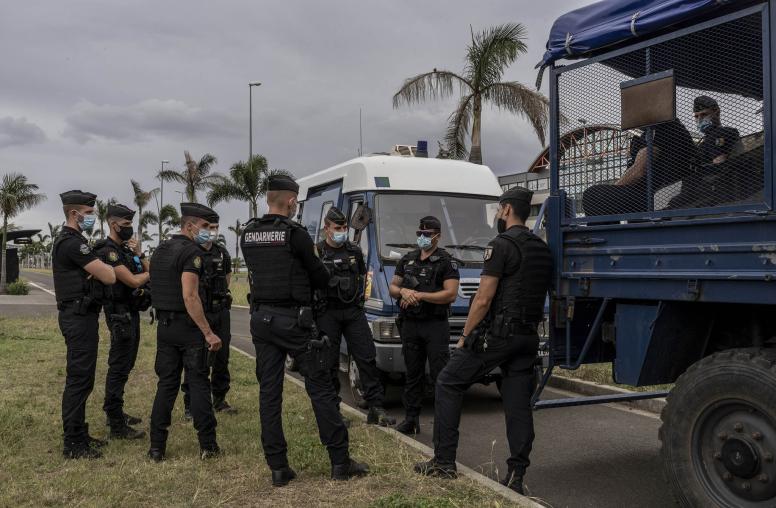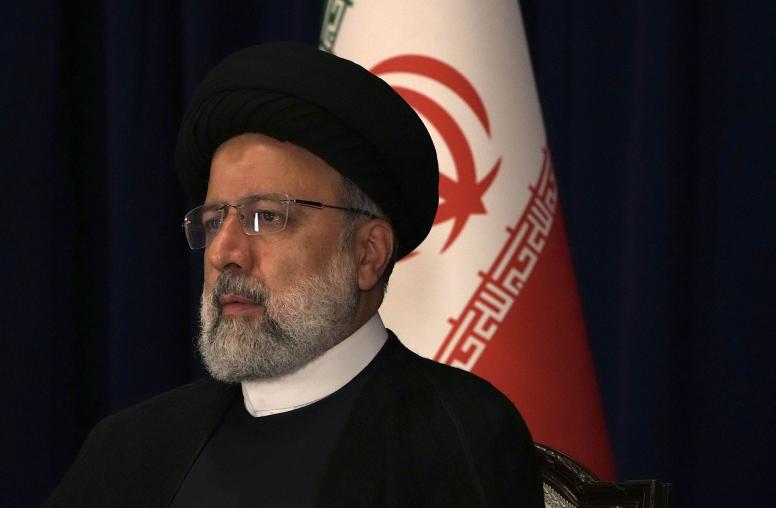Strengthening Democracy in the Americas
The Inter-American Democratic Charter establishes democracy as essential for the development of the Americas, highlighting the need for strong democratic institutions in the face of global challenges. Integral to this initiative are the Friends of the Democratic Charter, established in 2004 to elevate the Charter's role and ensure its proactive application in democratic governance. Their involvement brings valuable insight and advocacy, emphasizing the importance of solidarity and mutual support among nations to confront both political and socio-economic challenges that threaten democracy. The Organization of American States also marked a significant step forward in October 2023 with the establishment of a new Voluntary Group of Member States for follow-up on the Inter-American Democratic Charter, as mandated by the 2023 OAS General Assembly.
English
Spanish
On May 30, USIP and the Carter Center hosted a conversation focused on strengthening democracy across the hemisphere. The discussion brought together the Friends of the Inter-American Democratic Charter, leaders and experts to formulate actionable strategies for democratic resilience, share best practices and examine lessons learned in democratic preservation to ensure that democracy continues to thrive and benefit the peoples of the Americas.
Speakers
Keith Mines, welcoming remarks
Vice President, Latin America Program, U.S. Institute of Peace
Víctor Verdún, framing remarks
Vice Minister of Foreign Affairs, Paraguay
Jennie Lincoln, introduction of the Group of Friends of the Inter-American Democratic Charter
Senior Advisor for Latin America and Caribbean, The Carter Center
Carlos Ayala, Venezuela, remarks on Democracy and Human Rights
Professor and Chair of Constitutional Law, "Andrés Bello" Catholic University; Former President of the Inter-American Commission on Human Rights
Eduardo Stein, Guatemala, remarks on Democracy, Integral Development, and Combating Poverty
Former Vice President of Guatemala
Thomas Garrett, remarks on Promotion of a Democratic Culture
Secretary General, Community of Democracies
Catalina Botero, Colombia, remarks on Strengthening and Preservation of a Democratic Culture
Director of the UNESCO Chair on Freedom of Expression at the Universidad de Los Andes and co-chair of the Oversight Board of Facebook and Instagram
Luis Almagro, closing remarks
Secretary General, Organization of American States



